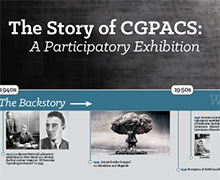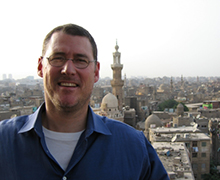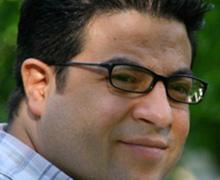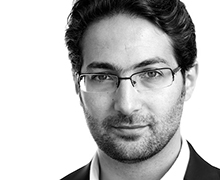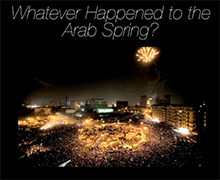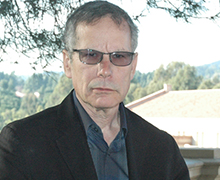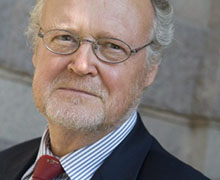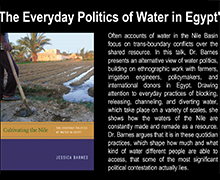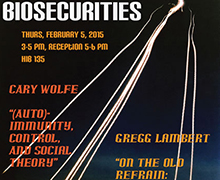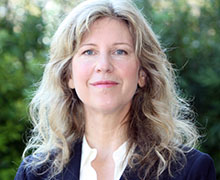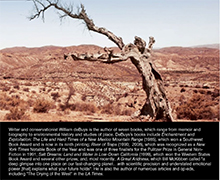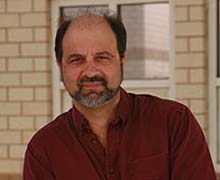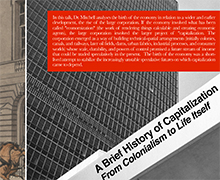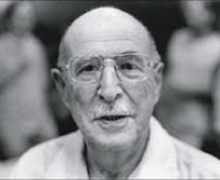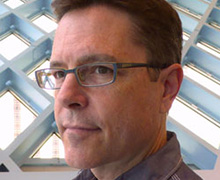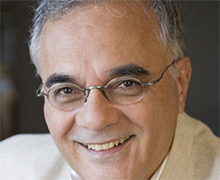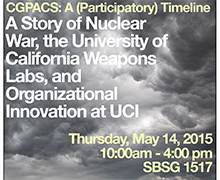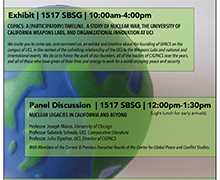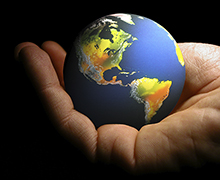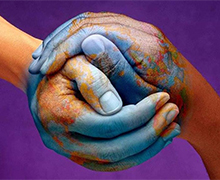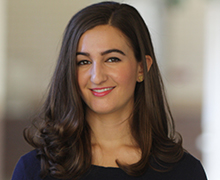| Visit http://www.socsci.uci.edu/files/announcements/cgpacs/newsletters/spring2015.html to view in your browser. |
 |
spring enews |
|
|
Julia Elyachar
GPACS was founded in 1983 by a group of scientists, writers, historians, and social scientists at UCI who were worried about the possibility of nuclear war, unhappy with the role of the UCs with the Weapons Labs at Los Alamos and Lawrence Livermore, and determined to do something about it as scholars and as citizens. For more than 30 years, GPACS – or CGPACS as it later became—has played a quiet but vital role on campus, across the UCs, in California, and on national scene to advocate for international peace as intellectuals and as citizens. |
|
In the past two years, CGPACS has organized its activities
around the theme of "Thinking Past the Unthinkable: Opportunities and Challenges for Global Peace." In addition to our core concern with nuclear power and nuclear weapons, we focused on three,
mutually impactful areas: “Rethinking Peace and Conflict after the Arab Spring," "Biosecurity and the New Realities of Global Warming," and "Financial Crisis: Peace and Conflict in the New Normal."
|
|
Elliot Colla, Georgetown University "Writing the Egyptian Revolution, or: The Revolution is Not a Story" Bassam Haddad, George Mason University "The Syrian Tragedy: Causes, Dynamics, and Consequences" |
Hazem Kandil, Cambridge University "Unlocking the World of Muslim Brothers" Asef Bayat, University of Illinois at Urbana-Champaign "Whatever Happened to the Arab Spring?" |
James Gelvin, UCLA "Reassessing the Recent History of Political Islam in Light of the Arab Uprisings"
former Swedish Ambassador Mathais Mossberg and UCI Professor of History Mark LeVine "One Land, Two States: Israel and Palestine as Parallel States" |
|
biosecurity and the new realities of global warming |
|
Jessica Barnes, University of Southern Carolina "The Everyday Politics of Water in Egypt" Cary Wolfe, Rice University and Gregg Lambert "Biosecurities" |
Conference convened by Valerie Olson, UCI "Like Oil and Water" |
William deBuys, award winning Author and conservationist "Whiskey's fer Drinkin' and Water's fer Fightin': California, Climate Change, and Global Aridity" |
|
financial crisis: peace and conflict in the new normal |
|
Stergios Skaperdas, UCI “Greece and the Eurozone: Background, Context, and Prospects” |
Timothy Mitchell, Columbia University “A Brief History of Capitalization: From Colonialism to Life Itself” |
|
The Margolis Lecture series annually brings to campus distinguished political and policymaking leaders who speak on important international issues. Established in 1991, the series honors Julius Margolis, economics professor emeritus and founding CGPACS board member who passed away in March 2012. |
|
Julius Margolis CGPACS founding board member |
Joseph Masco, University of Chicago “The Age of Fallout: Terraforming Planet Earth” 22nd Annual Margolis Lecture |
Mahmood Mamdani, Columbia University and the Makerere Institute for Social Research in Uganda “After Nuremberg: The Historical Significance of the South African Transition” 21st Annual Margolis Lecture |
|
On May 14th, CGPACS celebrated its 30th Anniversary on the campus of UCI, with three events: |
|
CGPACS: A (Participatory) Timeline: A Story of Nuclear War, The University of California Weapons Labs, and Organizational Innovation at UCI Throughout the day, we displayed a timeline (see above) linking together our own story with relevant California, US, and international events |
Nuclear Legacies in California and Beyond: A Panel Discussion Joseph Masco, University of Chicago | Gabriele Schwab, UCI, Comparative Literature | Julia Elyachar, UCI, Director of CGPACS |
Margolis Lecture: The Age of Fallout: Terraforming Planet Earth Joseph Masco, University of Chicago |
Graduate students who were awarded research grants from CGPACS held a mini-conference in which
they presented their research and were discussants on the research of their peers in other
departments and schools. This is an annual event of CGPACS. |
|
2013-14 CGPACS awarded 15 Graduate Student Affiliates from Departments of Anthropology, Sociology, and Political Science grants to conduct research in 11 countries on topics related to the CGPACS mission |
2014-15 CGPACS awarded Fellowships to 12 Graduate Student Affiliates from Departments of Anthropology, History, Sociology, and Political Science funding to conduct research in 11 countries; Seed Grants to 3 Faculty Affiliates in Departments of African American Studies, Art, and History to conduct research in 3 countries; and Conference Support for 1 Faculty Affiliate in Political Science to make an upcoming Conference open to the UCI public |
2014-15 CGPACS Winter Grant for Distinguished Graduate Affiliate - this inaugural award is granted to the graduate students who distinguish themselves by their contributions to CGPACS and by the high caliber of their research; Tyson Patros – Political Science and Simone Popperl - Anthropology |
We look forward to a full set of activities and programs for fall quarter 2015.
This year, CGPACS is focusing on its core, founding mission of critical analysis of US and international nuclear policy in addition to winding up the third year of its Vision Plan. |
